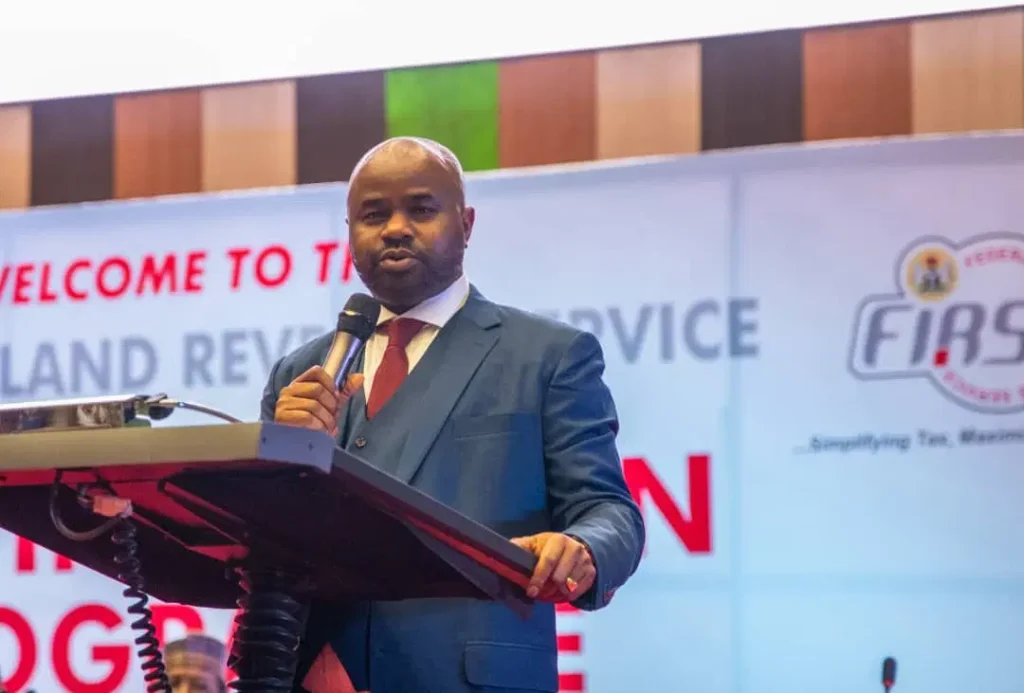
The Federal Inland Revenue Service (FIRS) of Nigeria has intensified its efforts to promote voluntary tax compliance by leveraging technology. Recognizing the crucial role of taxes in national development, FIRS has adopted digital innovations to simplify tax processes, increase transparency, and enhance taxpayer convenience.
One of the key strategies involves the deployment of user-friendly platforms that make it easier for individuals and businesses to register, file, and pay taxes without physical contact. The introduction of the TaxPro Max solution, for example, allows taxpayers to manage their obligations online, ensuring real-time processing and minimizing human errors or delays. This digital platform integrates multiple tax functions into a single interface, streamlining procedures and reducing bureaucratic hurdles.
FIRS also uses technology for data analytics and intelligence gathering to better understand taxpayer behavior and identify potential defaulters. By linking databases across various government agencies, FIRS can detect inconsistencies in tax declarations, encouraging more accurate reporting and discouraging evasion. Automation and artificial intelligence tools help the agency track compliance levels, monitor trends, and target audits more effectively.
To further promote voluntary compliance, FIRS has focused on taxpayer education and engagement through digital channels. It regularly updates taxpayers via its website, social media, and SMS services about new policies, deadlines, and processes. Online tutorials, help desks, and feedback systems are in place to ensure clarity and improve service delivery. This openness and accessibility build trust and encourage citizens to fulfill their civic responsibilities.
In addition, the service has enhanced its electronic payment systems, allowing seamless transactions through banks, mobile apps, and other digital platforms. These innovations reduce the stress and time associated with manual payments, making it more appealing for people to comply willingly.
FIRS also collaborates with stakeholders, including tax professionals, financial institutions, and technology providers, to ensure that the systems it introduces are secure, efficient, and inclusive. The digitization process helps reduce corruption, promotes accountability, and fosters a culture of compliance among taxpayers.
Overall, FIRS’s use of technology is not just about improving internal operations; it is about creating an ecosystem where tax compliance becomes easy, transparent, and voluntary. These efforts are helping to expand the tax base, increase revenue collection, and support national development initiatives without resorting to force or punitive measures.
By emphasizing digital transformation, FIRS is sending a clear message: taxation in Nigeria is evolving, and the path forward is through innovation, service excellence, and mutual trust between the government and its citizens. As more people recognize the benefits of this approach, voluntary tax compliance is expected to rise significantly.
Leave a Reply